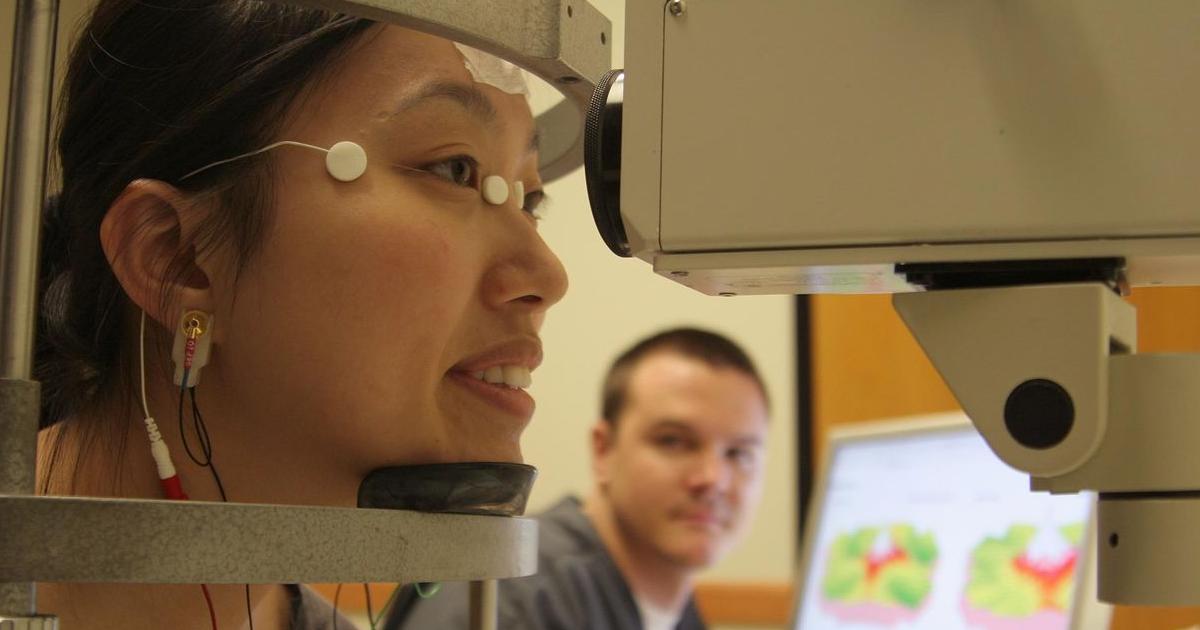Guide To The Causes And Complications Of Pituitary Tumors
Genetic Mutations Later In Life

Some individuals develop tumors in their pituitary glands as a result of genetic mutations acquired later in their life, which can be due to a number of factors. The first factor known to play a role in pituitary tumorigenesis is an individual's hormone fluctuations throughout life. Genetic mutations that cause a pituitary tumor to develop can be caused by a post-menopausal phenomenon, such as post-menopausal periods. Patients who utilize hormone replacement therapy are also more likely to develop a mutation that causes the development of a pituitary tumor. For unknown reasons, individuals who gave birth at a young age are at an increased risk of developing a tumor in their pituitary gland later on in their life. A previous history of personal parathyroid, thyroid, colorectal, and adrenal tumors also causes an individual to be at a higher risk of developing tumors in the pituitary gland. In a small number of patients affected by pituitary tumors, a positive correlation was made with having had a twin pregnancy. A previous head injury or head trauma has predisposed some individuals to mutations that cause the development of a pituitary tumor.
Uncover more complications of pituitary tumors now.
Vision Loss

Vision loss is a complication that usually occurs with tumors that do not produce hormones or cause a deficiency of hormones the pituitary gland is responsible for producing. The reason behind this is symptoms of these types of pituitary tumors develop when the tumor is relatively small in size, where visual difficulties tend to occur when the tumor has grown to a larger size. Vision loss occurs when a pituitary tumor causes the optic chiasm or optic nerve to become compressed. The optic nerves are located in the area right above the pituitary gland, which makes them vulnerable to damage from a growing tumor. An affected individual may experience blurry, dim, or dark vision in one of their eyes if one of their optic nerves are being affected by the pituitary tumor. When a pituitary tumor presses on the optic chiasm in a certain way, patients may experience a loss of vision to the peripheral areas in both of their eyes.
Get more information on pituitary tumor complications now.
